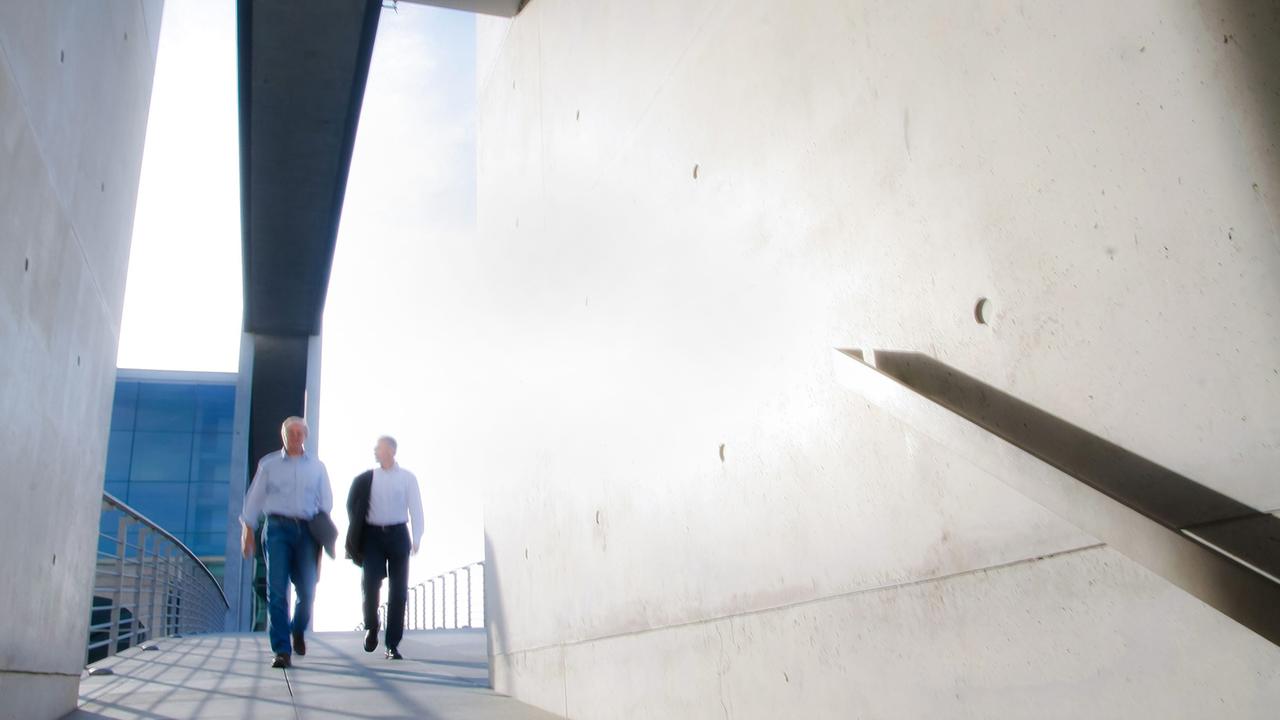News and backgrounds
European elections 2024
It is a persistent accusation that European politics is an opaque network, with lobbyists determining the fate of the Union. Experts agree that comparatively strict lobbying rules apply in Brussels.
Brussels is a paradise for lobbyists. The rules for the world's largest single market are determined in Europe's capital – no wonder interest groups are trying to help shape the rules.
There are around 12,000 lobbyists registered in Brussels. From large associations such as the chemical and automotive industries to environmental groups, non-governmental organisations and think tanks, everyone is represented.
Who are the biggest lobbyists?
No industry invests as much money in lobbying as the large US Internet companies. At the top is Meta, operator of the social networks Facebook and Instagram, with lobby investments of most recently eight million euros per year.
The chemical group Bayer follows closely behind. The Leverkusen-based company spent seven million euros on lobbying in Brussels in 2022 alone.
influence or prevent laws
The successes of lobbyists are difficult to assess from the outside and even more difficult to prove. The boundaries are fluid – between questionable influence on the one hand and, on the other hand, the expert advice that commissioners and representatives need for their decisions.
An example: At the end of 2023, the EU Commission approved the approval of the plant poison glyphosate for another ten years. This came as a surprise to many. Glyphosate is a product from Bayer. But it is difficult to prove how much Bayer's lobbying influenced the decision.
The interests of the agricultural lobby
The European Farmers' Association is one of the most influential lobby groups in Brussels. Its name sounds a bit complicated; the abbreviation is Copa-Cogeca. This is because it is not just farmers who are members, but also companies such as the Raiffeisen Association.
For all of them, it's a lot of money, because agricultural subsidies make up a third of the entire EU budget. Environmental associations and agricultural economists criticize that this lobby is more concerned with the interests of the agricultural industry than with farmers.
Lobby influence on parliament
When the European Parliament wanted to pass a new nature conservation law in the spring, the MPs found an email from Copa-Gogeca in their inbox. According to research by the “Süddeutsche Zeitung”, the MPs should please reject the law to restore nature, the email said openly.
In the end, the new nature conservation law did find a majority. The largest group in the EU Parliament, the Christian Democratic EPP, had set out its line of rejection. But a few EPP members, especially from Ireland and Portugal, did not stick to this. That was the deciding factor.
Strict rules in Brussels
In Brussels, the experts agree, the rules are comparatively strict compared to other countries. Meetings with MPs and senior Commission representatives must be documented and disclosed; there is a transparency register for this.
However, the requirements are less strict in the representation of the 27 member states – the European Council. And the influence of lobby groups on legislation is of course not only in Brussels, but also in other capitals.





